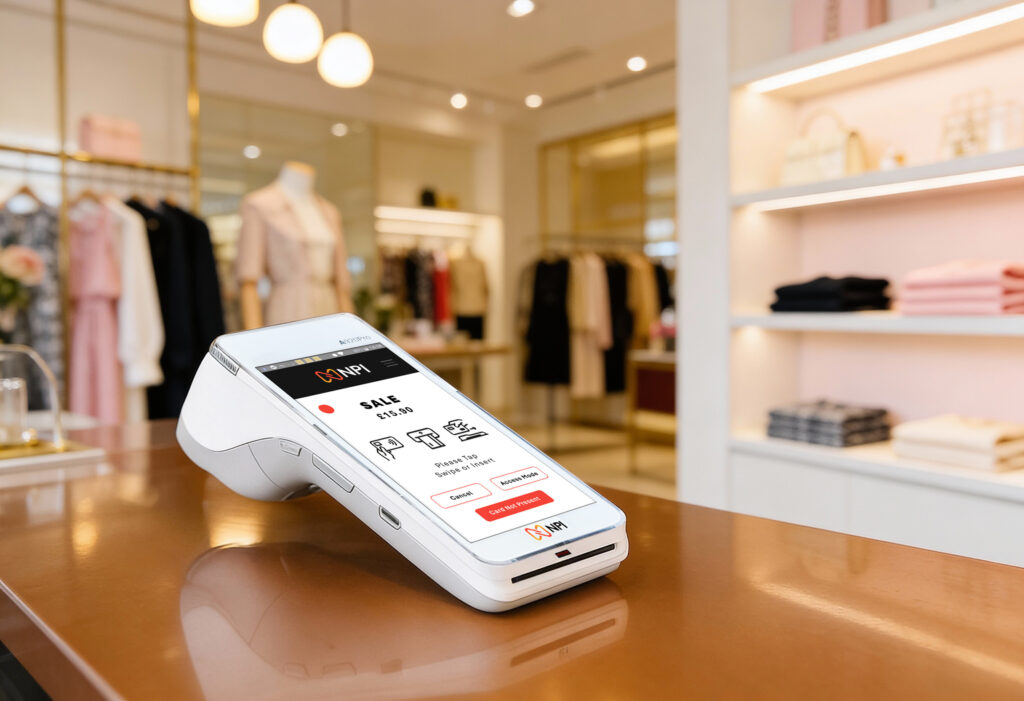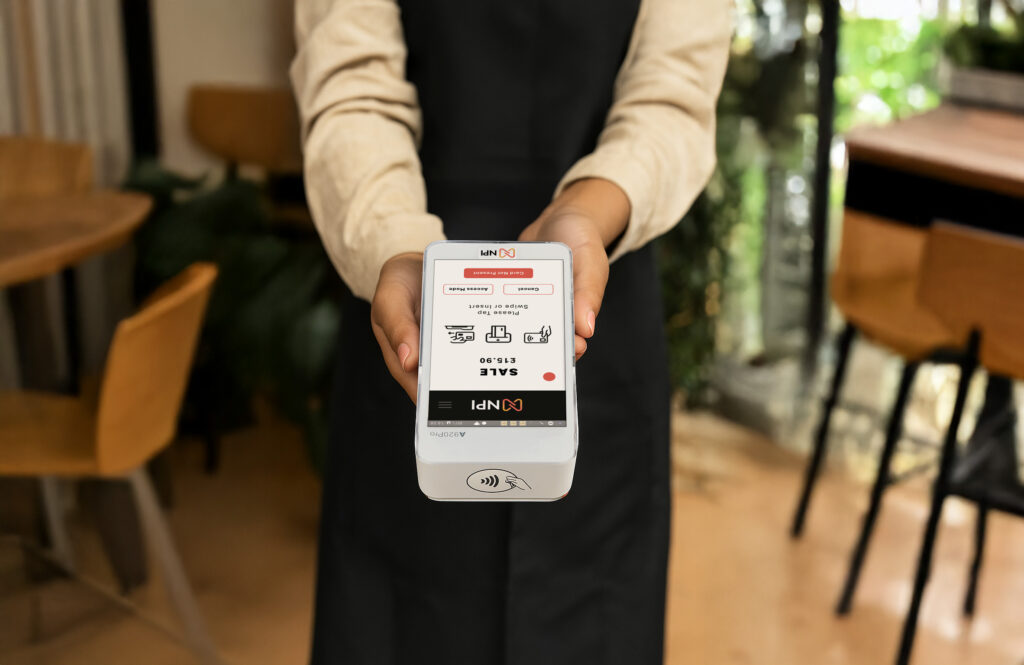Payment disputes can feel like a punch to the gut. One moment you’ve completed a transaction, the next you’re facing a chargeback that threatens both your revenue and your merchant account standing. For businesses across the country, understanding chargebacks UK merchants encounter and having a solid prevention strategy isn’t just helpful, it’s essential for protecting your bottom line.
The good news? Most chargebacks UK businesses face are preventable when you know what triggers them and how to respond effectively. This guide walks you through everything you need to know about managing payment disputes and protecting your revenue.
Understanding Chargebacks UK: What They Are and Why They Happen
A chargeback occurs when a customer disputes a transaction directly with their card issuer, reversing the payment back to their account. Think of it as a forced refund that bypasses your normal return process.
According to UK Finance, card fraud losses reached £551.3 million in 2023, with many disputes stemming from unauthorised transactions. However, chargebacks aren’t always about fraud. Common triggers include:
Legitimate reasons:
- Customer doesn’t recognise the transaction on their statement
- Product never arrived or arrived damaged
- Service wasn’t as described
- Customer cancelled a subscription but was still charged
- Duplicate charges appeared on their account
Concerning reasons:
- Friendly fraud (customer received goods but claims otherwise)
- Family member made purchase without permission
- Buyer’s remorse disguised as a dispute
The True Cost of Chargebacks UK Merchants Face
Each chargeback hits your business three ways. First, you lose the original transaction amount. Second, you face chargeback fees ranging from £10 to £100 per dispute. Third, excessive chargebacks can damage your relationship with your payment processor or even result in account termination.
The Financial Conduct Authority monitors merchant chargeback ratios closely. If your rate exceeds 1%, you’re entering risky territory that could trigger additional scrutiny and higher processing fees.
Beyond the immediate financial impact, payment disputes consume valuable time. Gathering evidence, responding to claims, and managing the administrative burden pulls resources away from growing your business.
Proven Strategies for Chargeback Prevention UK Businesses Need
Make Your Business Name Crystal Clear
Many disputes happen simply because customers don’t recognise your business name on their statement. Ensure your trading name matches what appears on customer receipts and bank statements. If you operate as “Sarah’s Boutique” but process payments under “SB Retail Ltd,” confusion is guaranteed.
Improve Your Product Descriptions
Be specific about what customers are buying. Include dimensions, materials, colours, and realistic photos. The more accurate your descriptions, the fewer “not as described” disputes you’ll face.
Perfect Your Delivery Communication
Send confirmation emails immediately after purchase. Provide tracking numbers for all shipments. Update customers if there are delays. Most “item not received” chargebacks occur because customers simply don’t know where their order is.
Display Clear Terms and Conditions
Your refund policy, delivery timeframes, and cancellation terms should be visible before checkout. Make customers tick a box confirming they’ve read and agreed to your terms. This creates a paper trail for dispute resolution.
Use Address Verification and 3D Secure
These security measures add friction to the checkout process, but they dramatically reduce fraud. Address Verification Service (AVS) checks that billing addresses match card records, whilst 3D Secure adds an extra authentication step through the customer’s bank.
How to Respond to Chargebacks UK Regulations Require
Speed matters when handling payment disputes. Chargebacks UK card networks impose typically require you to respond within specific timeframes, usually 7 to 21 days depending on the card scheme.
Gather Your Evidence Immediately
Compile everything that proves you fulfilled your end of the transaction:
- Order confirmation and customer communications
- Proof of delivery with signature
- Product descriptions and photos
- Terms and conditions the customer agreed to
- IP address and device information for online orders
- Any correspondence about the product or service
Write a Clear Rebuttal Letter
Your response should be factual, professional, and specific. Address each claim the customer made and provide evidence that contradicts it. Avoid emotional language or accusations, stick to the facts.
Submit Through Proper Channels
Work with your payment processor to submit your evidence correctly. Missing deadlines or submitting incomplete information weakens your case significantly.
Reducing Chargebacks UK Retailers Experience Through Better Practices
Friendly fraud accounts for up to 60% of all chargebacks, according to industry research. These disputes occur when customers receive goods or services but claim they didn’t authorise the purchase.
Combat this by keeping detailed records of every transaction. For high-value items, require signatures on delivery. For digital products, log IP addresses and download timestamps. The more evidence you have that the customer received and used your product, the stronger your defence.
Consider implementing a clear return policy that’s easier than filing a chargeback. Many customers choose disputes simply because they find returns complicated. Make your process straightforward and customer-friendly.
Managing Your Chargeback Ratio and Dispute Rates
Monitor your chargeback rate monthly. Calculate it by dividing your total chargebacks by your total transactions, then multiply by 100 for a percentage.
If your rate creeps above 0.5%, take immediate action. Review which products or services generate the most disputes. Look for patterns in customer complaints. Are specific payment methods more problematic? Do certain marketing channels attract higher-risk customers?
When to Seek Expert Help With Payment Disputes
Some chargebacks are beyond your control, but repeatedly high dispute rates signal deeper issues with your business processes. Understanding the complexities of chargebacks UK payment systems involve often requires professional guidance on best practices and compliance.
Protecting Your Business From Chargebacks UK Payment Networks Monitor
Chargeback prevention isn’t a one-time fix, it’s an ongoing process. Regular staff training, updated policies, and improved customer communication all contribute to lower dispute rates.
Remember that excellent customer service often prevents chargebacks before they start. Respond quickly to complaints, make returns easy, and resolve issues directly with customers whenever possible. A satisfied customer who gets a direct refund is far better than winning a chargeback dispute.
Ready to strengthen your payment dispute management? Our team at New Payment Innovation understands the challenges UK merchants face with chargebacks and payment security. We provide guidance on best practices and solutions designed to protect your revenue. Call us on 023 8001 9998 or visit npi.uk to discuss how we can help safeguard your business against unnecessary payment disputes.







